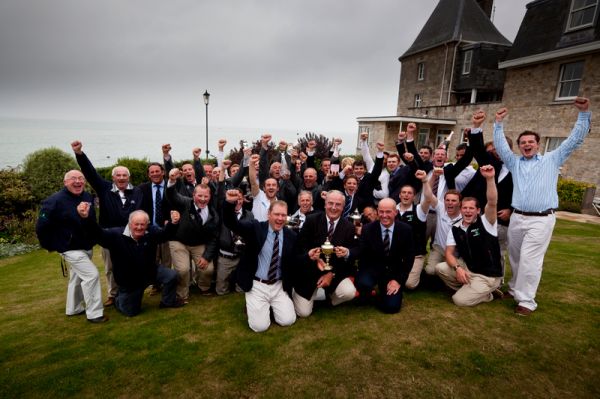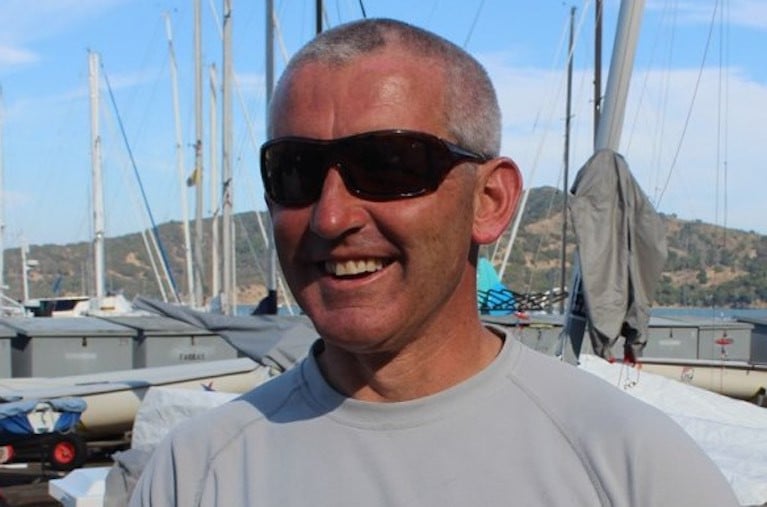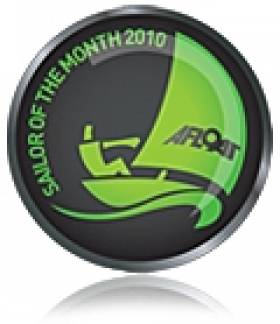Displaying items by tag: Maurice
Full House for Prof’s Top Ten Dublin Bay Racing Tips at Royal Irish Yacht Club Webinar
North Sails Ireland’s Maurice “Prof” O’Connell’s top ten tips talk to RIYC Members and guests pulled in the crowds with a record-breaking 105 attending.
Prof’s insights for racing in Dublin Bay ranged on how to gain maximum advantage through adequate preparation before going afloat, through to the start line to sail trim principles/set-up and key boat handling manoeuvres for rounding marks.
Prof brought the audience through Dublin Bay geography and topography, the DBSC course card design, logic, mark locations and geometry as well as Dublin Bay currents.
He talked through the importance of correct onboard communications and providing clear information fundamental to sailing the correct course.
Prof, who never misses a DBSC race with his customers unless he is out of the country, concluded with “Rules of Thumb” for Dublin Bay racers. The talk was part of the RIYC “Home Together” series of virtual talks.
The Commodore's Cup Team - Sailors of the Month for August
The 2010 Irish Commodore's Cup team are jointly the Afloat.ie/Irish Independent "Sailors of the Month" for August. In times past, we've had two or even three "Sailors of the Month" at once. And we even had a family – the Dicksons of Lough Ree – getting the honours together. But it's the first time that an entire team have been given the accolade.
However, the 2010 Irish Commodore's Cup team achieved their totally convincing win with a display of team spirit which was of truly international standard, and the judges acclaim the entire squad – and their enthusiastic and able management – with the accolade.
It was realized that selecting any individual sailor or one of the crews from the three boats was going to be difficult. Even when you tried to congratulate any of them, they would tend to heap praise on another of the boats. And on the rare occasion when things went wrong – as when Antix was caught by a rule break at the start of the final and clinching race – the skippers readily accepted blame.
In that instance, Antix boss and team captain Anthony O'Leary declared afterwards that he'd been "110% in the wrong". Admittedly it's not so painful saying that when you go on to sail an absolute blinder of a heavy weather race to finish second in class despite the setback of taking your penalty turn. But even so O'Leary, Dave Dwyer on marinerscove.ie, and the new boys on Roxy 6 were exemplary in their achievement.

Ireland's Commodores Cup Team is August's Sailors of the Month. Photo: David Branigan
Roxy 6 was given special praise as she was still very raw, a new Corby 36 built for Rob Davis in Pembroke in Wales, and put together on the water at some speed by a Cork crew headed by Andrew Creighton, with Maurice "The Prof" O'Connell invaluable as the single permitted onboard professional.
And they sailed with the steady consistency and that sense of the bigger picture which is the key to team success. Ashore, Barry Rose of the Irish Cruiser Racing Association was always available as manager, and the result was the kind of result the Irish sailing community have dreamed about for decades. Not only have we been within a whisker of winning the Commodore's Cup in recent years, but way back in the great days of the Admirals Cup in 1979, the Irish team went into the final event of the series, the Fastnet Race, with what seemed a commanding points lead.
The notorious Fastnet storm of 1979 put paid to that. It was ironic that it was extreme Irish weather which blasted our chances. But the pain of that, and other blighted hopes, were so gloriously blown away in the Solent on Saturday August 22st as the final race was completed with Ireland's winning points piled high.
Ireland's Commodore's Cup team Crew List HERE.
Commdore's Cup Coverage HERE































































